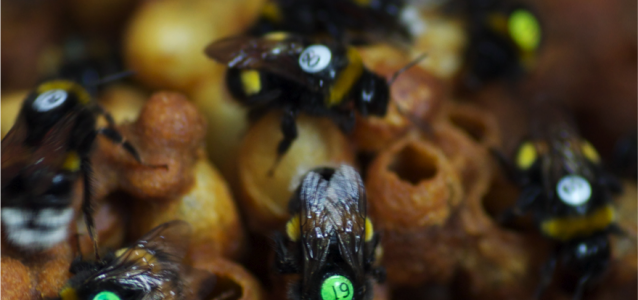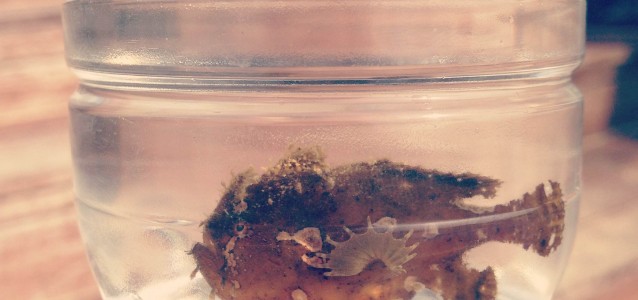In genomic analyses, especially when working with non-model species, we often need to infer gene function based on similarity to other species. This means that lots of people are running the same, or similar, analyses on the same genomes and these can take a really long time to run. Everyone running the same analyses seems… Read more »
Posts By: seth
PhD student wanted!
I’m recruiting a PhD student to join the lab! If want to do a PhD with me, let me know. If you know a great potential PhD student, let them know. PhD Position in Disease Ecology at East Carolina University (ECU): One Ph.D. position is available in the newly formed lab of Dr. Seth Barribeau… Read more »
Big thanks!
I have recently moved to a new position but want to take a moment to thank all the amazing students that I have worked with and all the lovely people I have collaborated with in my time at the ETH in Zürich. It has been a great pleasure and while I am looking forward to… Read more »
It’s all about resources
If you imagine a scenario where an individual had unlimited resources, anything that required some investment wouldn’t be a big deal. It would be able to send some of these resources to achieve the required task and go on about its business without worrying about cutting costs elsewhere. When resources are limited, this changes…. Read more »
How gene expression can produce specificity
Different parasite strains (of the same species of parasite) are able to infect different individuals (of the same species of host). This is called specificity or can be called a genotype-by-genotype interaction. That is, that some genotypes of parasite are able to infect some genotypes of hosts. In insects, it’s hard to understand how… Read more »
What are the costs of and conditions for accelerated reproduction?
Animals have complex ways of dealing with infection. Most of these constitute the immune system, but animals can do other non-immune things to either protect themselves from getting infected, or to help cope with infection (reviewed here with Ben Parker and others). These adaptations might be particularly important for animals with a weak immune system,… Read more »
IUSSI 2014 in Cairns and our symposium on immunity in social insects.

Next year the IUSSI (International Union for the Study of Social Insects) is hosting its meeting in Cairns in Australia. These meetings are held only every four years. I have only been to one of these meetings, which was held in Copenhagen last time, but everyone raves about them. The Copenhagen meeting was excellent… Read more »
A fellowship.

I have just begun a fellowship at the Wissenschaftskolleg in Berlin. The WIko, or Institute for Advanced Study Berlin, is a place for academics, both junior (me) and senior (me at the end of each day), to focus on a particular project, interact with other researchers, and generally think. It sounds… Read more »
Why infection outcome varies, and why it matters.

Ben Sadd and I recently wrote a review about heterogeneity in infection outcomes. We were tasked with writing a review about the bumblebee-trypanosome system that we work on, but we wanted to expand the discussion a bit further than simply explaining the workings of our own system. We tried instead to use what is… Read more »
The promises of big data, long nights, awamori, and fine porcelain.

I was recently lucky enough to attend a workshop on the promises and challenges of big data held at the Okinawa Institute of Science and Technology (OIST). I have a personal affinity to Japan after living there for a short time, and had previously visited Okinawa briefly, so I was thrilled to have a… Read more »